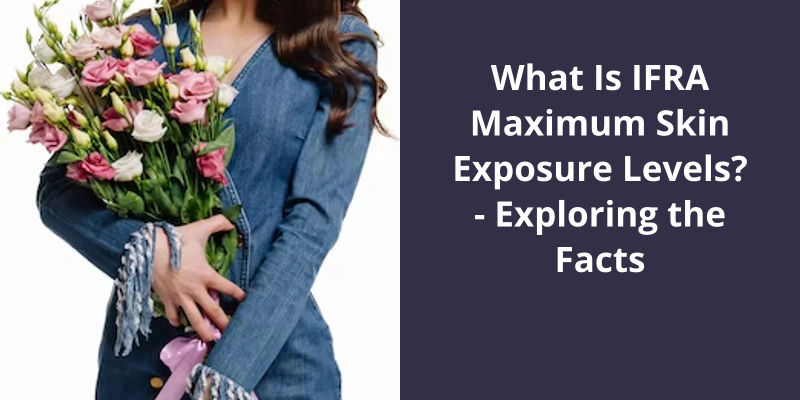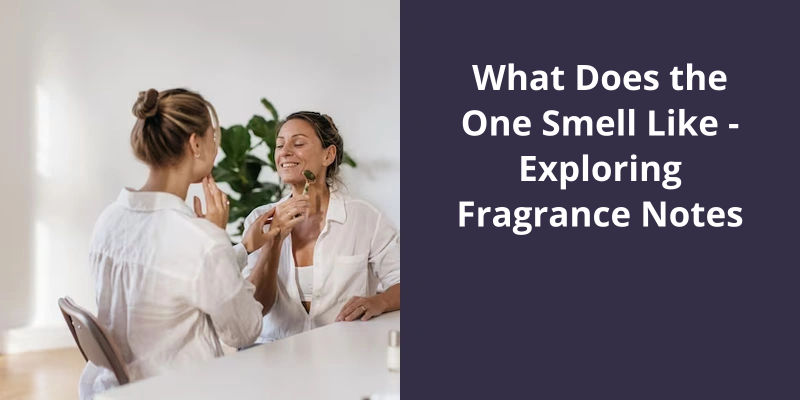These guidelines take into account a variety of factors, including the chemical makeup of the ingredients, the intended use of the products, and the potential for exposure through various routes, including inhalation, ingestion, and skin contact.

What Is the IFRA Limit for Hedione?
Hedione, also known as methyl dihydrojasmonate, is a key ingredient in many fragrances due to it’s light and fresh floral scent. As with any ingredient used in fragrances, safety is a top concern. Fragrance safety is regulated by the International Fragrance Association (IFRA), a global trade association representing the fragrance industry.
The IFRA limit for Hedione isn’t restricted as such according to the Standards of the International Fragrance Association (IFRA) (up to and including the 49th amendment). This means that as of the current standards, Hedione is considered safe for use in fragrances and it’s use isn’t restricted. However, it’s important to note that fragrance safety standards are constantly evolving as new scientific research becomes available. IFRA routinely reviews it’s standards and may make adjustments based on new information.
The suggested use for Hedione in fragrance concentrates is up to 12.0000%. This recommended usage level reflects the amount of Hedione that can be used in a fragrance without posing a risk to consumer safety.
It’s considered a versatile ingredient that can be used in a variety of fragrance types, including floral, fruity, and woody fragrances. It’s pleasant scent profile makes it a popular choice for many fragrance formulations.
Consumers should always read the label and follow instructions for use carefully. If a product causes any type of discomfort or adverse reaction, it should be discontinued immediately.
Consumers should always use fragrance products responsibly by following instructions for use carefully and discontinuing use if any discomfort or adverse reactions occur.
Now that we’ve established that fragrances that meet IFRA regulations are safe for use, it’s time to dive deeper into the benefits and drawbacks of using fragrances in skincare products. While fragrances can enhance the sensorial experience and overall appeal of a product, they may also cause skin irritation or allergic reactions in some individuals. Let’s explore this further.
Is IFRA Good for Skin?
Many people are concerned about the potential side effects of fragrances on their skin. With so many conflicting opinions on the internet, it can be difficult to know what to believe. However, one thing is for sure: fragrances that are “IFRA compliant” are perfectly safe for use in cosmetics.
The International Fragrance Association (IFRA) is a trade organization that represents the global perfume industry. It’s mission is to ensure the safe use of fragrances in consumer products, including cosmetics.
These guidelines are based on extensive scientific research and are regularly updated to reflect new findings and developments in the field of fragrance safety. They cover everything from the chemical composition of fragrance ingredients to their potential effects on vulnerable populations like children and pregnant women.
Of course, it’s still important to remember that everyone’s skin is different and may react differently to different ingredients. If you’ve particularly sensitive skin or have had negative reactions to fragrances in the past, it’s always a good idea to patch test new products before using them regularly.
They’re formulated with the latest research and guidelines in mind, ensuring that they’re safe for all consumers to use.
Conclusion
In conclusion, the IFRA maximum skin exposure levels play a critical role in ensuring the safety of consumers worldwide. Therefore, it’s imperative for all stakeholders in the fragrance industry to uphold and support the IFRA standards to achieve a better future for everyone.





